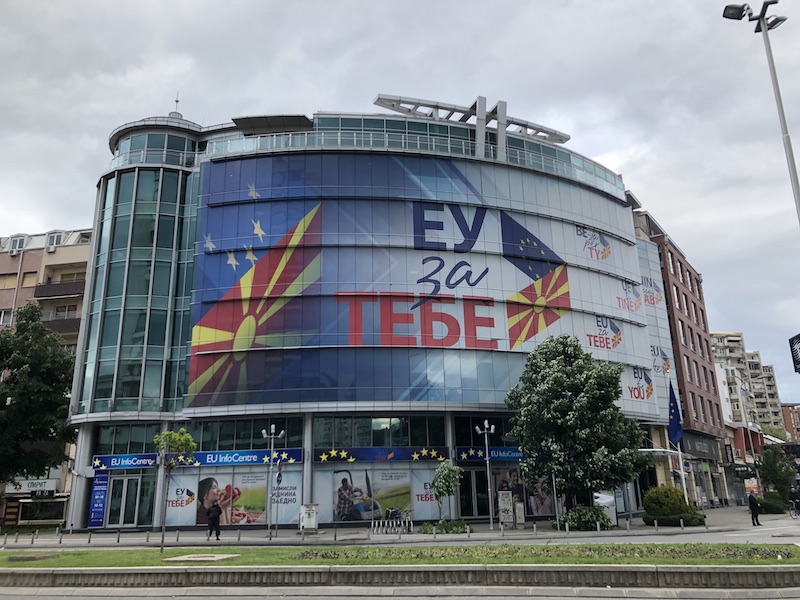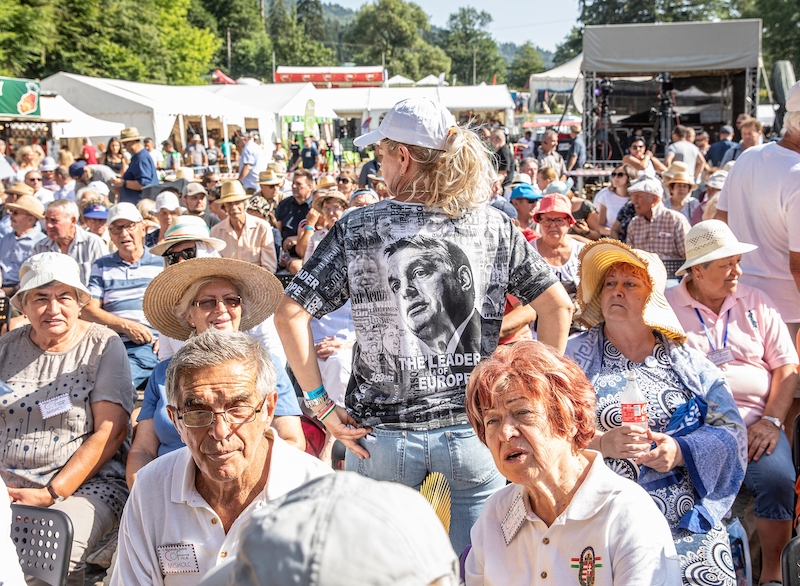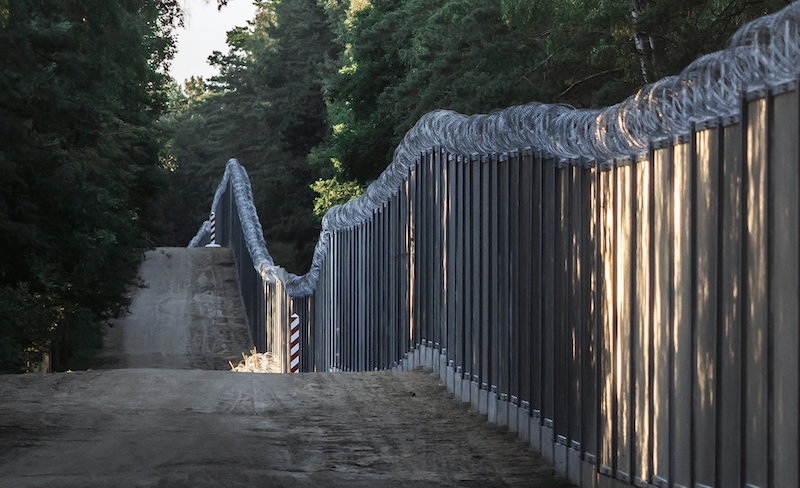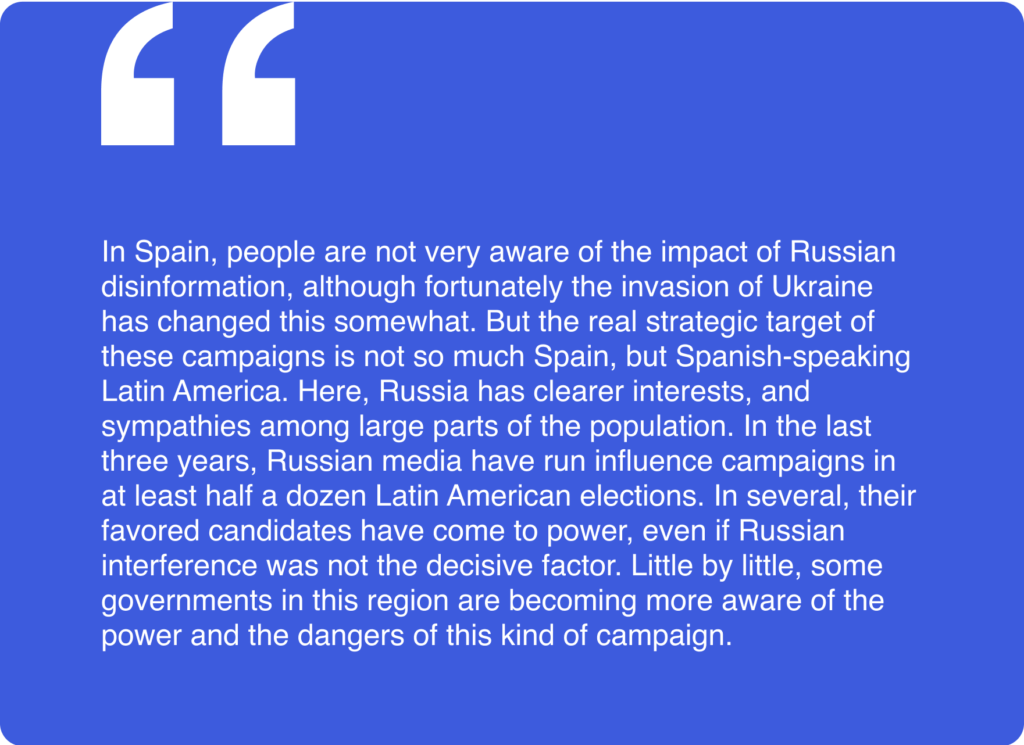Russia’s strategic goals in the Western Balkans have long been clear. By taking advantage of corrupt local elites, the Kremlin exploits the existing ethnic divides to stoke anti-Western sentiment, further complicate the region’s already sluggish reform plans, and prevent more countries from joining the EU or NATO.
The track record includes its refusal to recognize Kosovo’s independence, a coup attempt in Montenegro and its support for separatist-minded leaders in Bosnia and Herzegovina. The recent Bulgarian blockade of North Macedonia’s EU aspirations also provides space for malign Russian influence. The same is true in Serbia, where Moscow has capitalized on continuing Serbian resentment of the 1999 NATO campaign.
However, it is not the Kremlin, but the EU that has been providing pretexts for this development for far too long.
Although the peacekeeping missions in Bosnia and Kosovo have played an important role in maintaining stability, European indecision has led to a rise in anti-Western sentiment and to doubts about the EU’s true intention to provide a way forward for the region.
Over the past two decades, Brussels has lost its focus on the region and started showing ambiguity towards its EU perspective. Unsurprisingly, this has alienated many citizens, for whom EU ideals increasingly seem like a pipe dream.
All the Kremlin had to do in the meantime was pour salt on the Balkans’ wound to make things worse.
“Russia’s strategy has been to manipulate the rifts in the Western Balkans. We would like to counter this […] And we would like to bring them closer to the EU,” a senior German diplomat told Euractiv at a meeting of countries from the region in Berlin last week.
It is time Brussels acted. Russia’s war is a wake-up call to revive the enlargement process and clarify the EU’s strategic vision. Otherwise, Europe risks losing the Balkan peoples’ mindshare and leaving its front yard vulnerable – which is dangerous for the EU itself.






